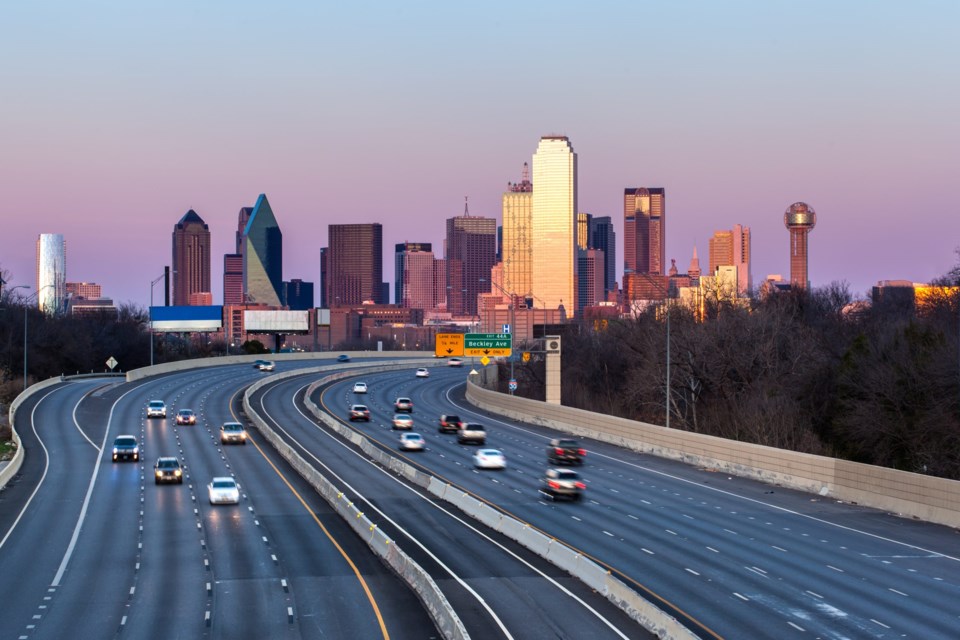According to a recent report, Dallas was named the second most deadly U.S. city when it comes to driving during Memorial Day weekend.
Jerry, the car insurance savings app behind the report, found that Dallas experienced 33 car crash fatalities over a ten-year span during the holiday weekend (between 2012-2021).
Dallas' 33 vehicular accident-related deaths put it just behind fellow Texas city, Houston — which ranked as the number one deadliest driving city in the country, with 38 fatalities over the same time period.
Rounding out the top-five on the list were Chicago (ranked third with 29 deaths), Indianapolis (fourth, 27 deaths) and Los Angeles (fifth, 26 deaths).
In addition to being home to the two deadliest driving cities during Memorial Day weekend, the report also pinpointed that Texas as a whole ranked as the number one American state for car crash fatalities during the busy holiday. According to Jerry, the Lone Star State accumulated a whopping 462 crash fatalities over the course of ten years worth of Memorial Day weekends.
Despite having a larger population, California ranked behind Texas with 372 deaths. Florida also found itself in the top three with 359 fatalities to its name. In fact, the top three states on the list — Texas, California and Florida — all more than doubled every other U.S. state when it came to vehicular crash fatalities on Memorial Day weekend.
According to the report, the riskiest day that U.S. residents can travel during the holiday weekend is by far on Saturday, which is the day that has seen the most traffic fatalities in the past 10 years (1227 in total).
In addition, the report also found that alcohol has played a major contributing factor towards crashes during Memorial Day weekends, with 61% of fatal accidents involving a positive blood-alcohol test by at least one driver. Speeding was also a contributor to almost one third of deadly crashes (31%).
To conduct its report, Jerry utilized traffic fatality data from the National Highway Traffic Safety Administration for the years 2012-2021 and population data from the U.S. Census Bureau.
To view the report in full, head over to the Jerry website.




